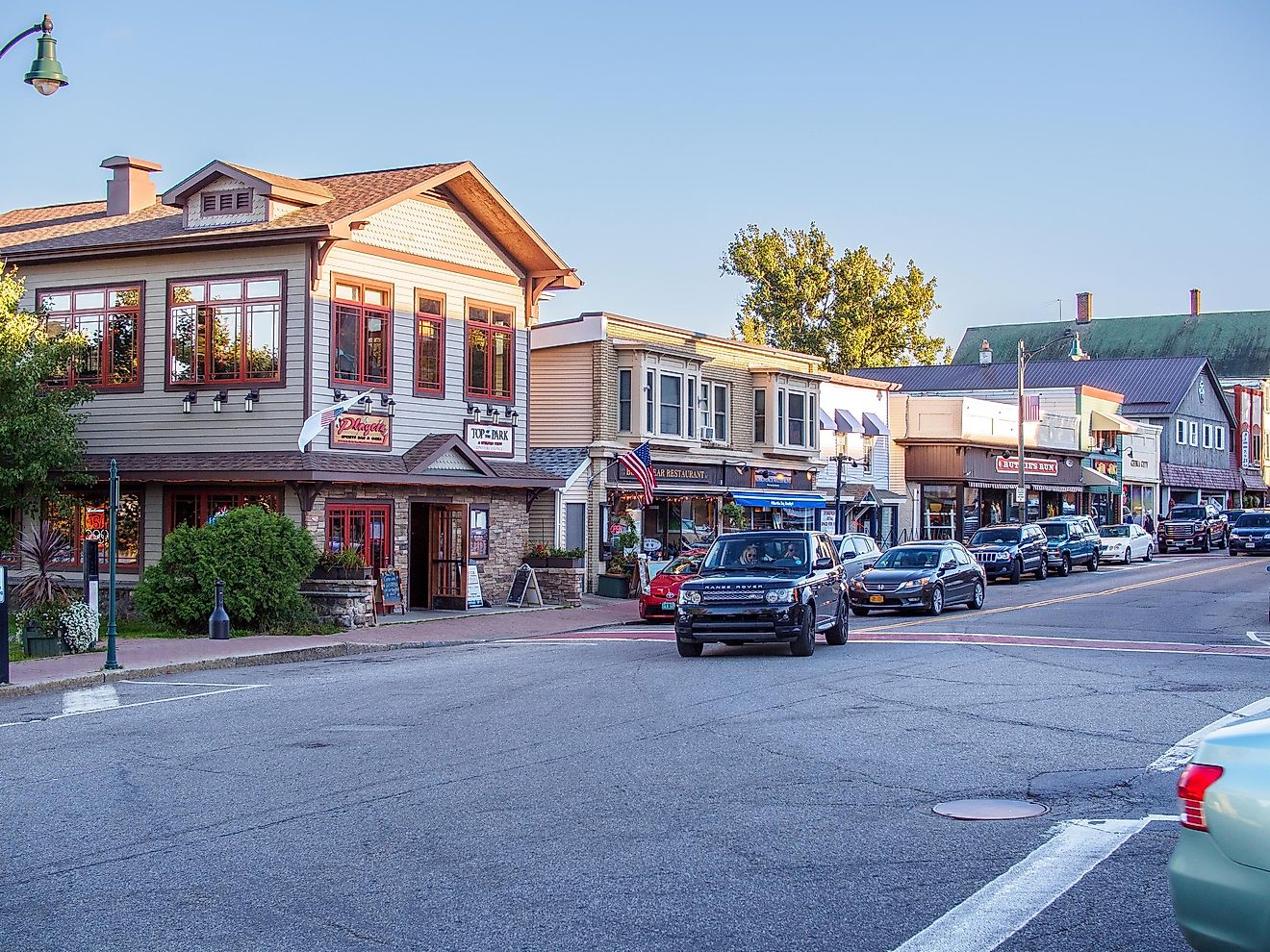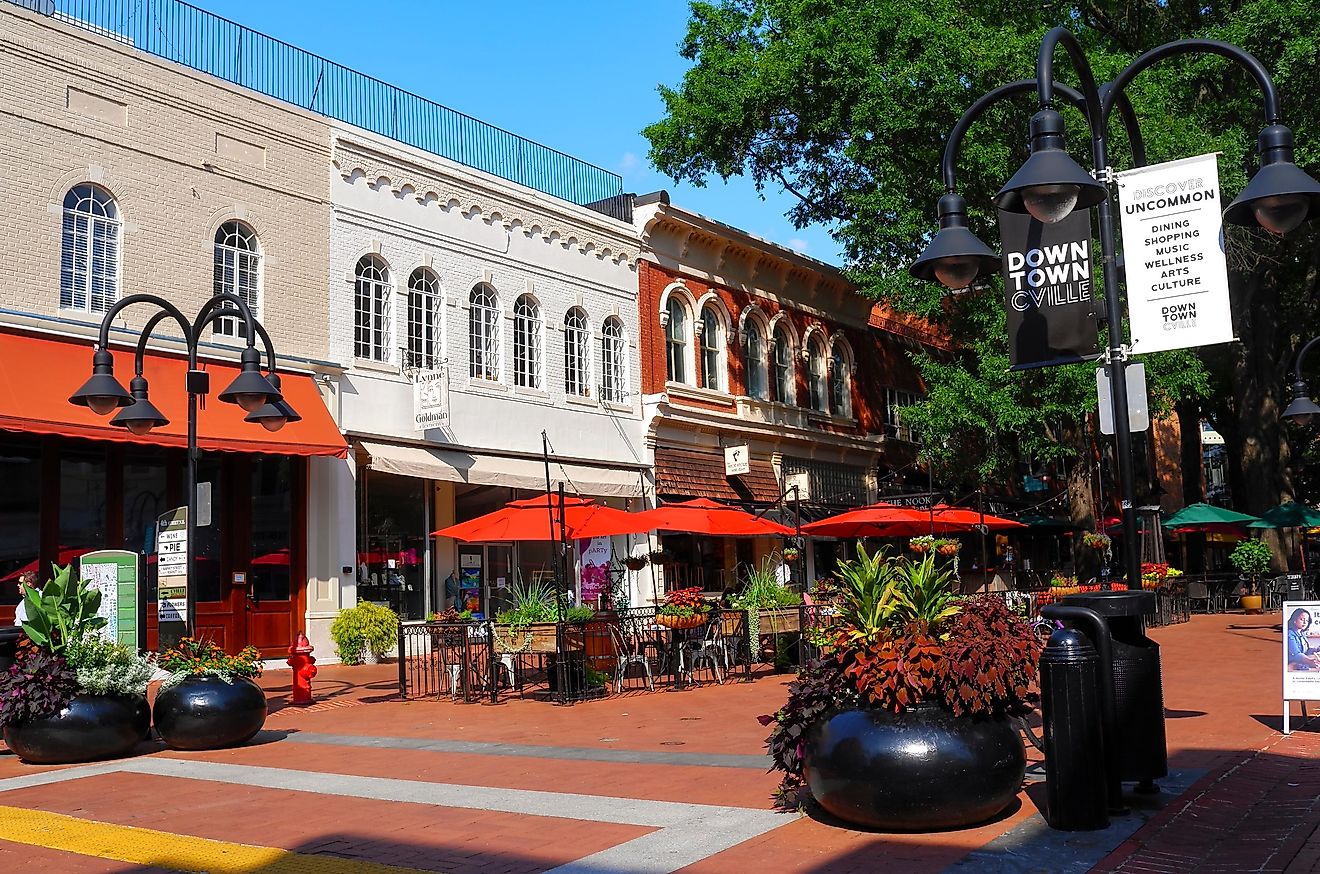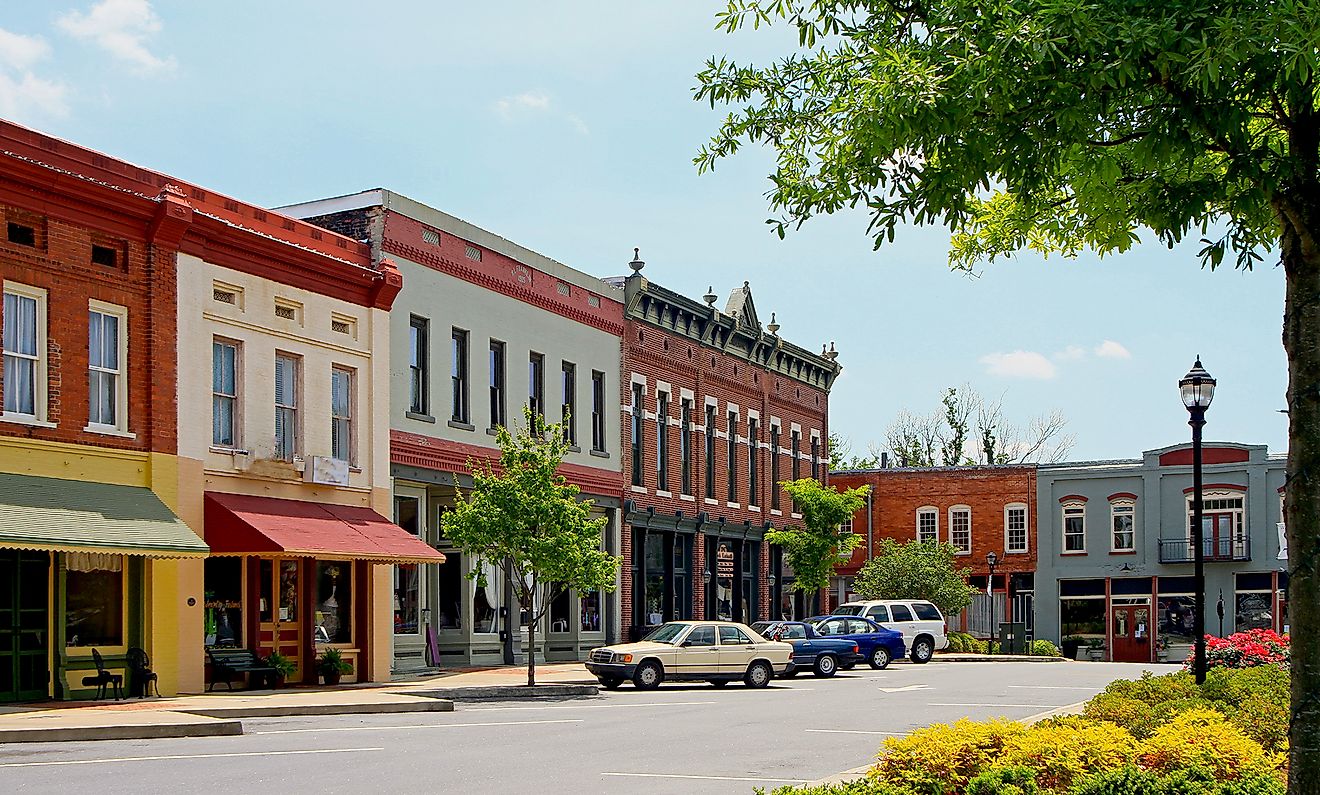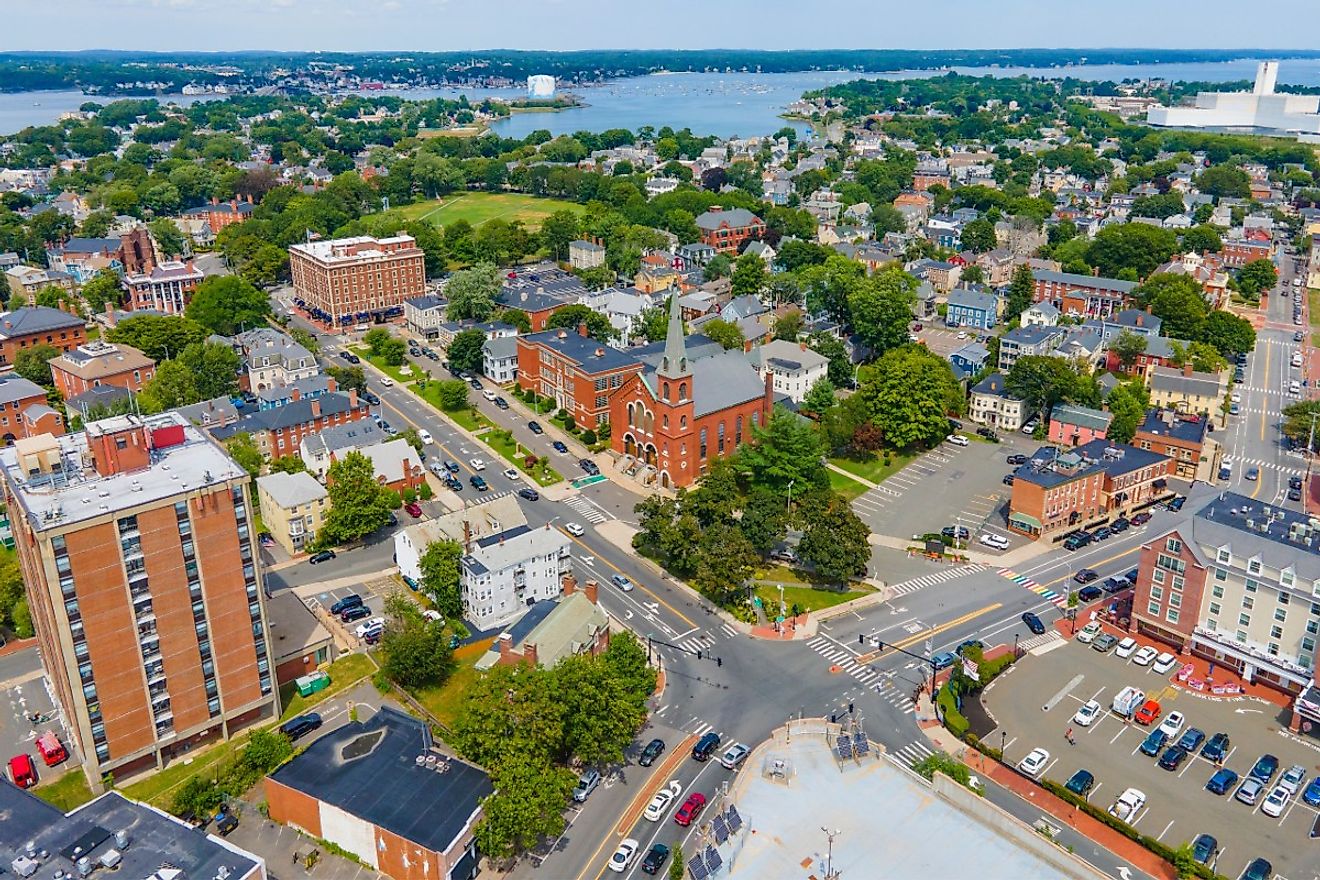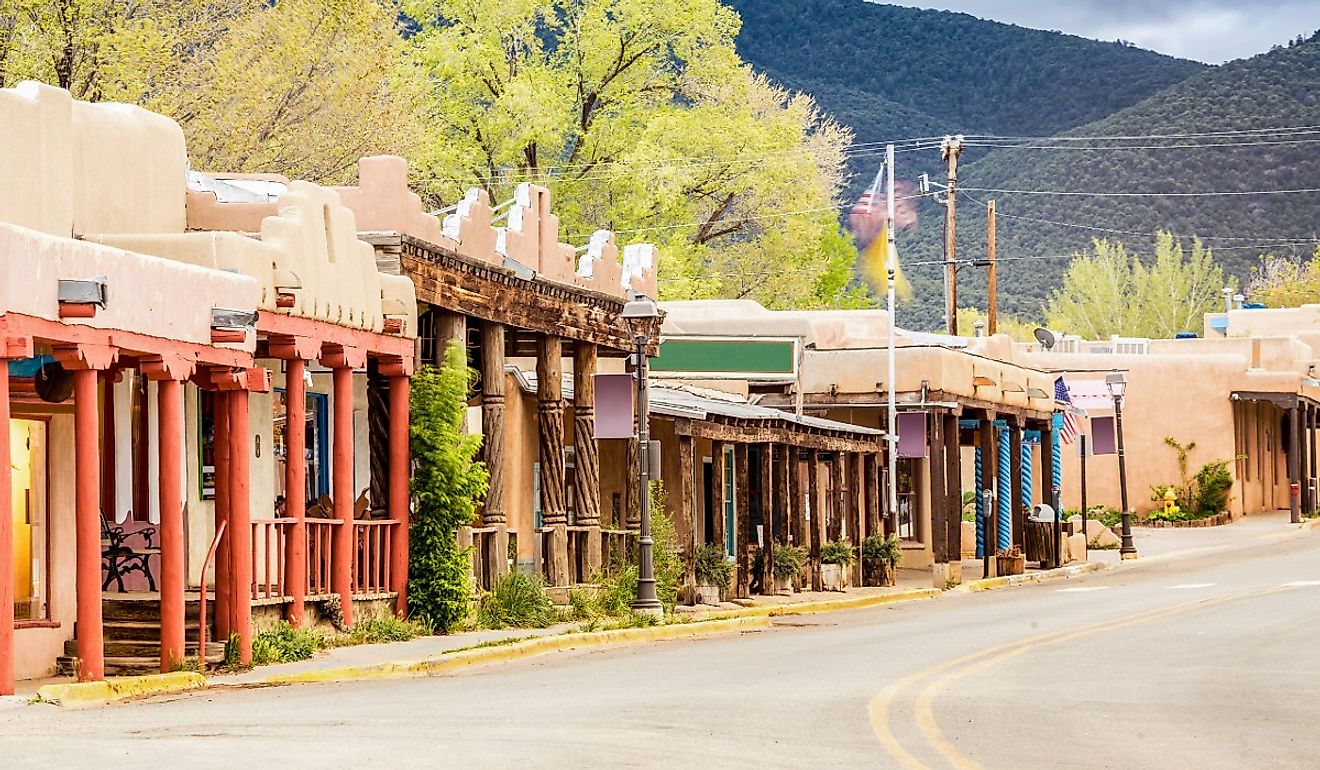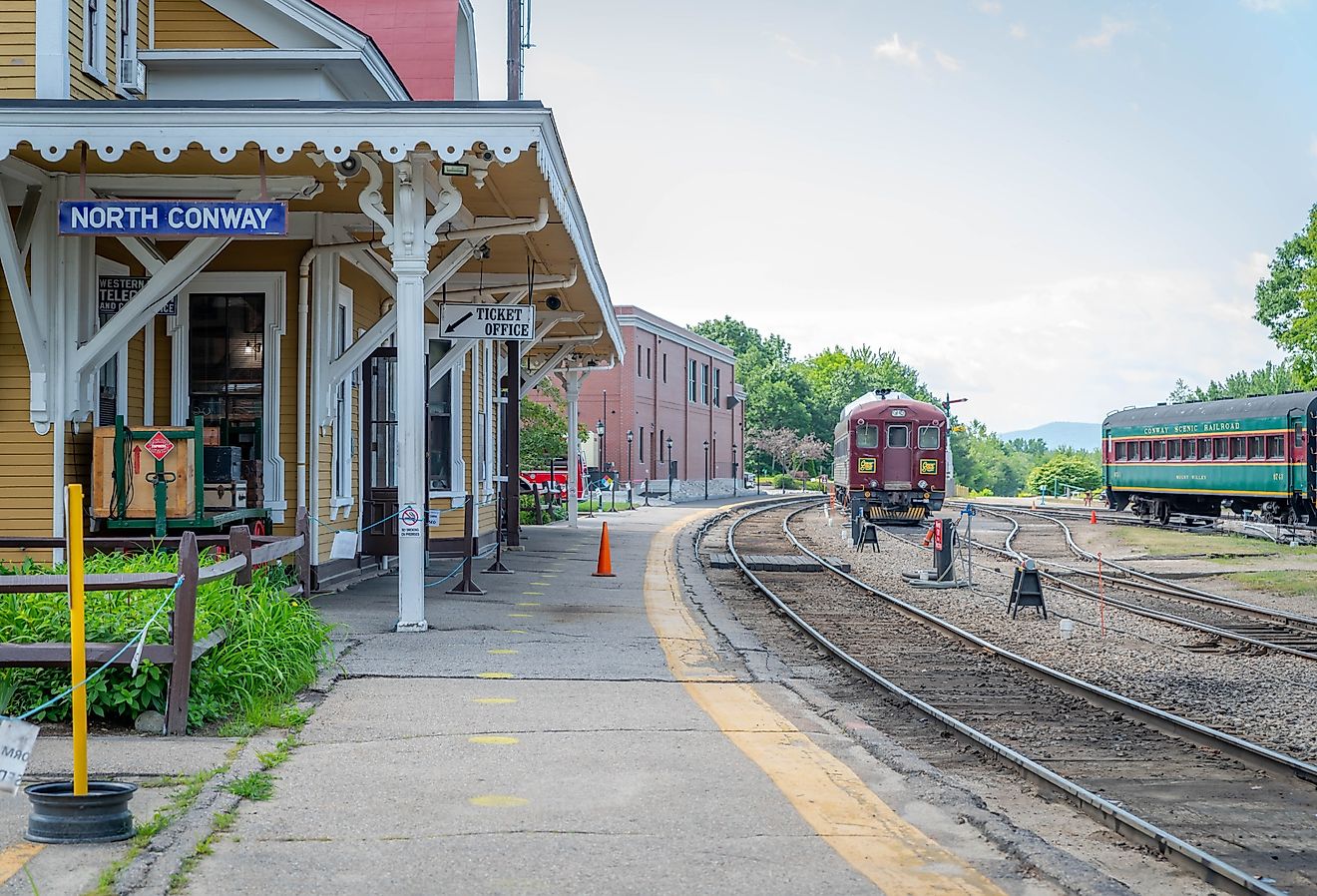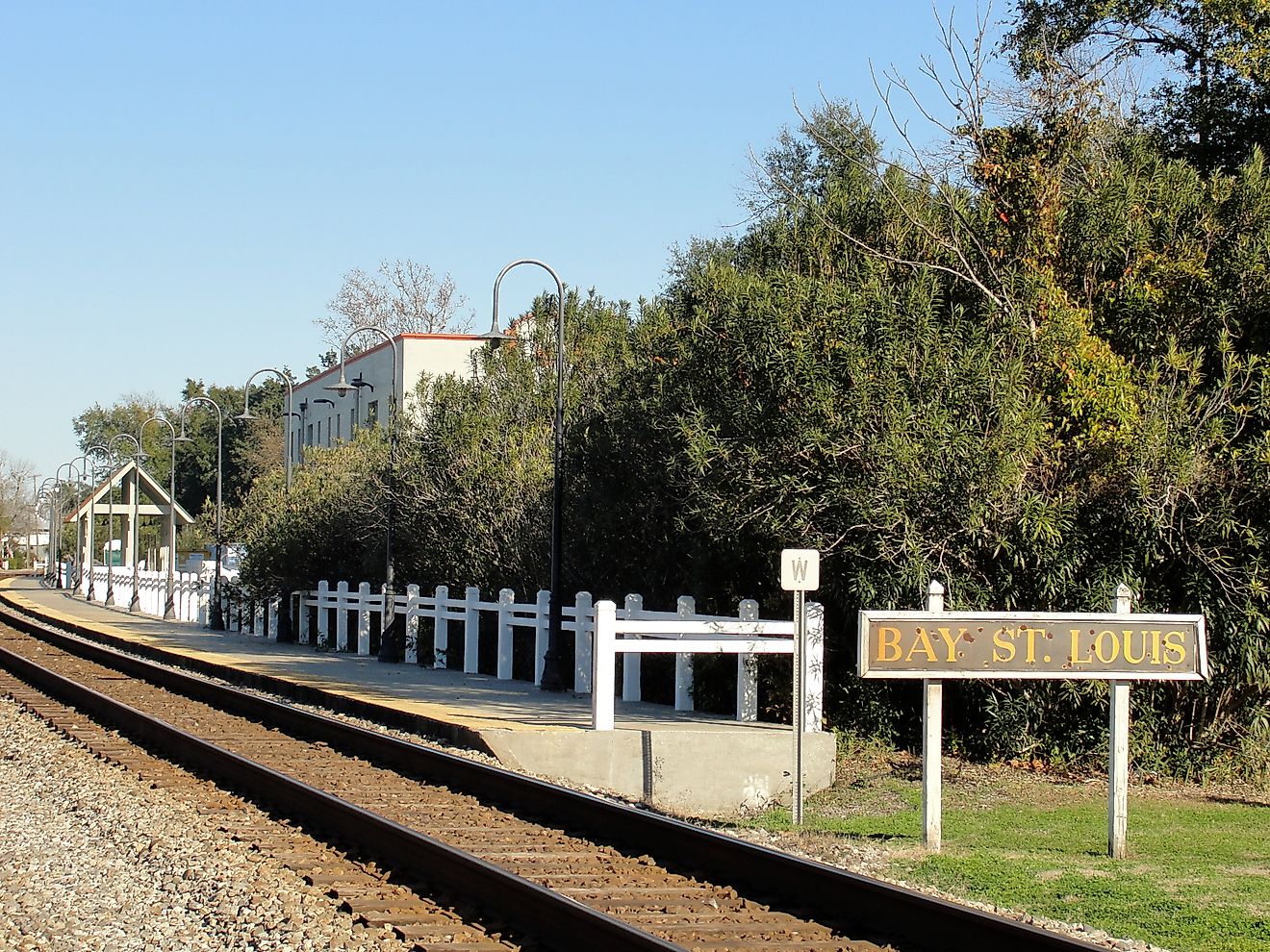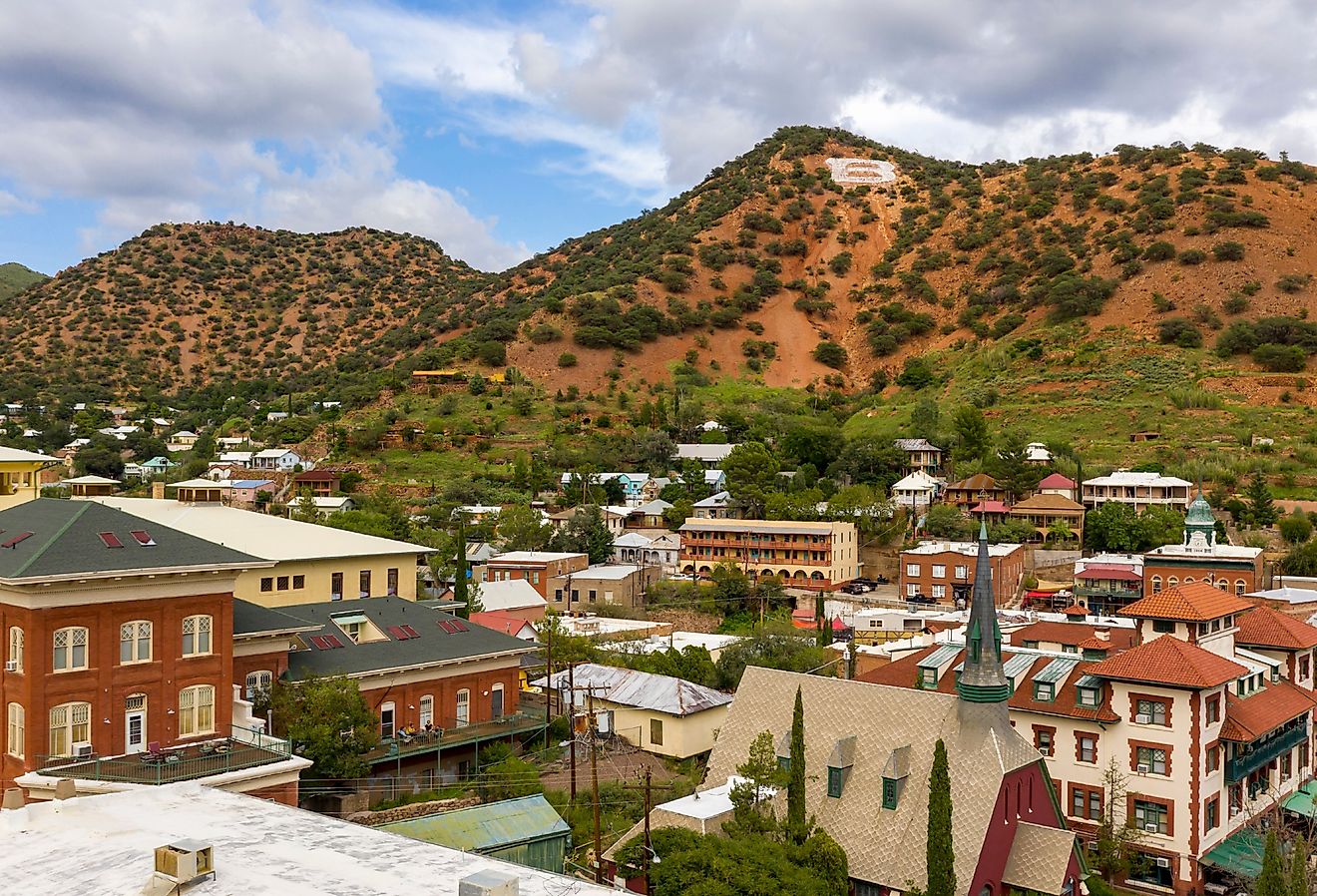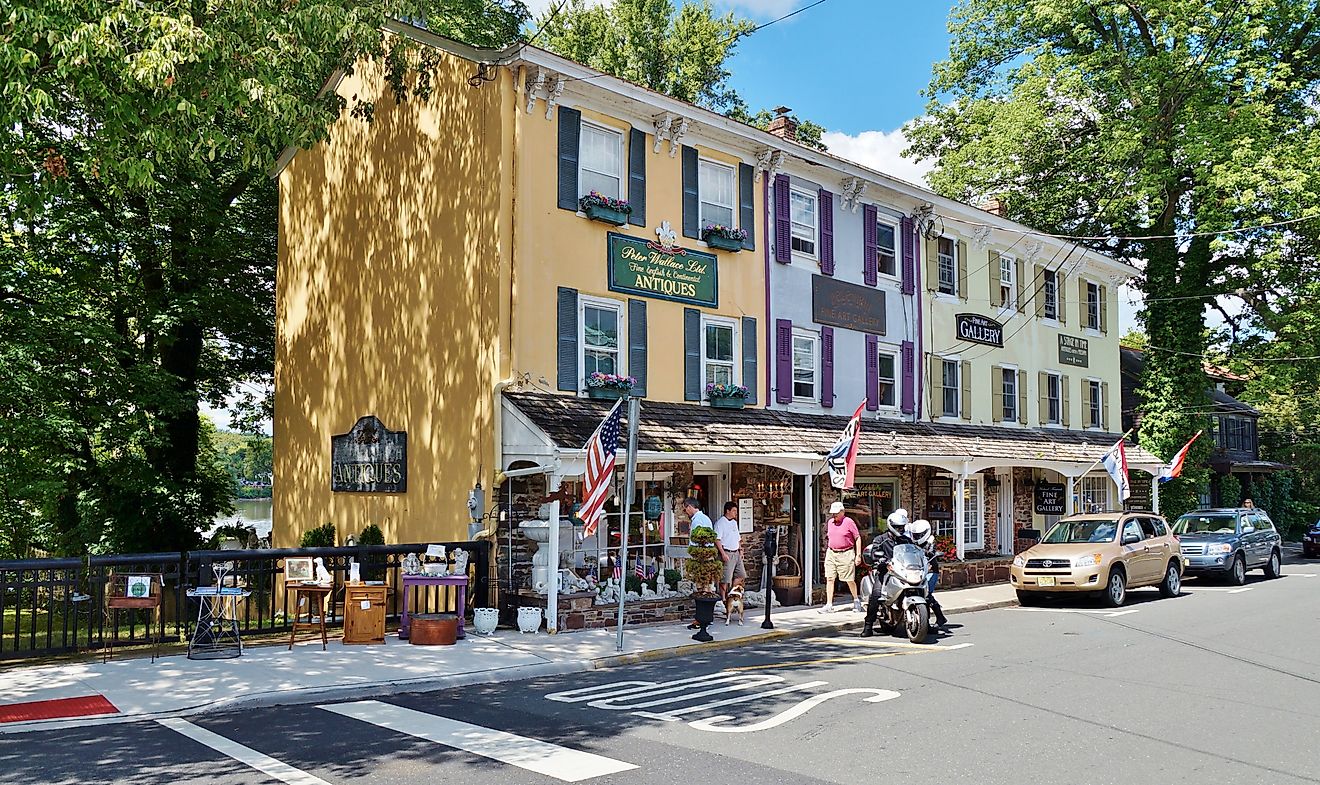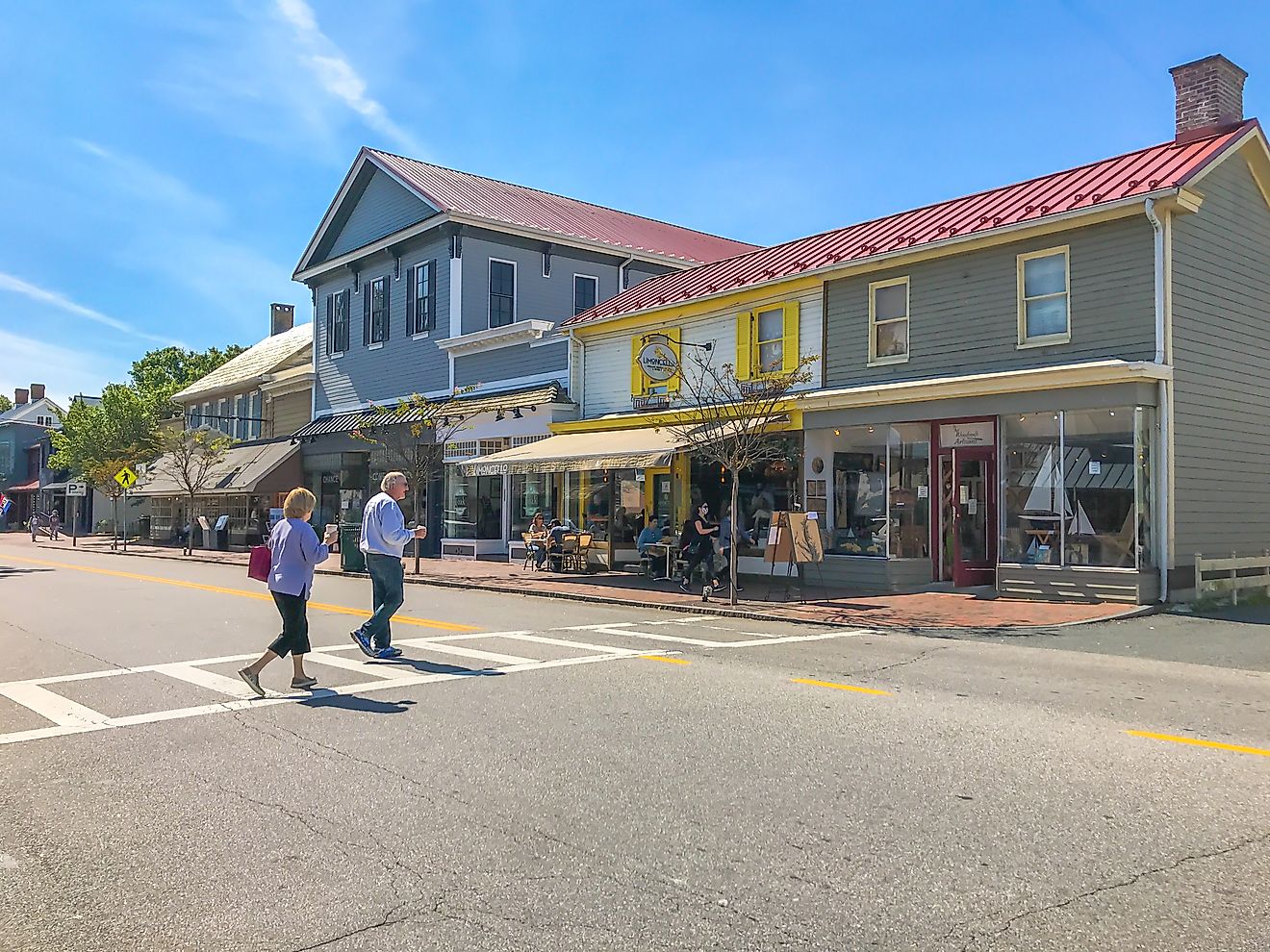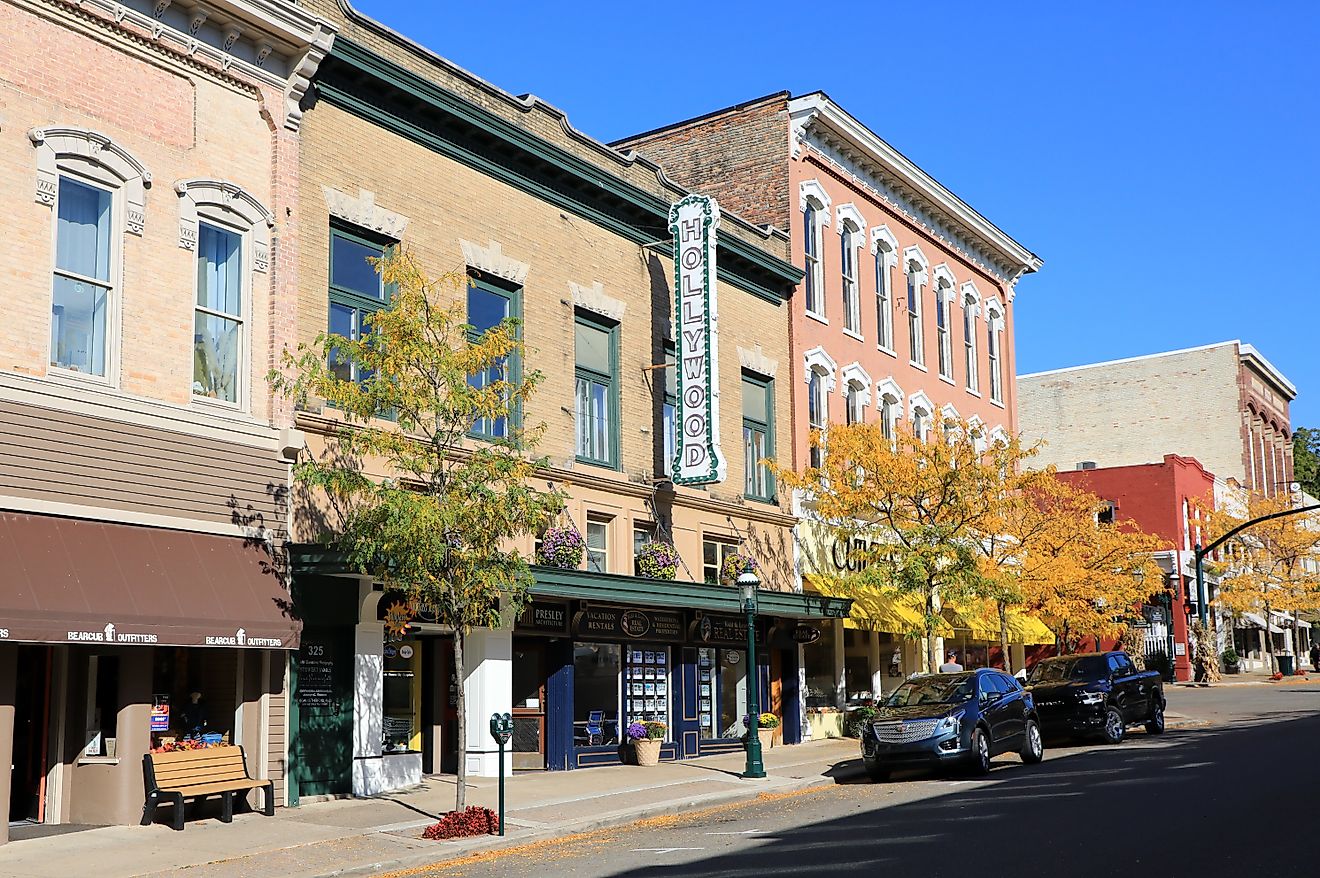
Best College Towns In North Dakota
Named after the Dakota division of the indigenous Sioux people, this Upper Midwest US State is known for its broad expanses of flat lands dominated by prairies, temperate savanna, grassland plains, and badlands. Nevertheless, the 19th largest and the 4th most sparsely populated American State houses a total of 21 colleges and universities. Out of these, the University of North Dakota, based in Grand Forks, is the state’s biggest public institution as well as its oldest and longest-operating post-secondary institution. Similarly, the North Dakota State University based in Fargo is the state’s second-largest public institution and the fourth-oldest post-secondary institution. The following article discusses some of North Dakota’s picturesque cities and the prestigious higher learning institutions they are home to.
Minot
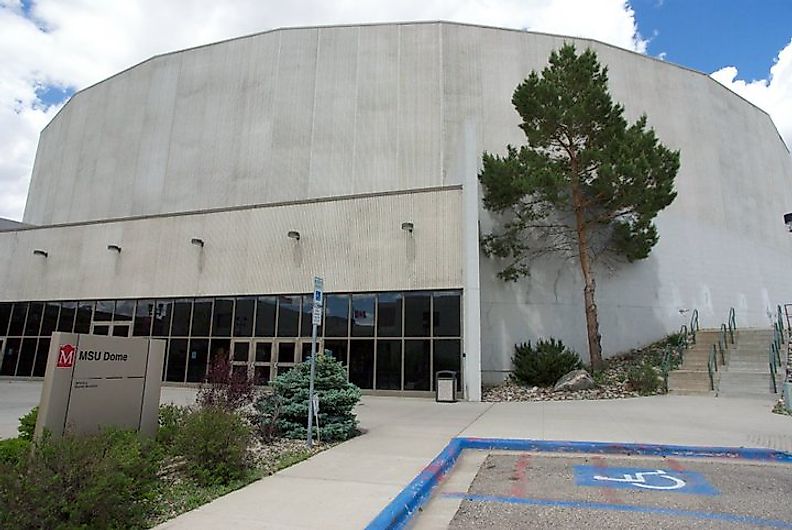
Nicknamed “The Magic City,” Minot, North Dakota’s fourth-largest city and the county seat of Ward County, is located in the Drift Prairie region in the state’s north-central portion. The city is home to Minot State University – a reputed higher learning institution and the third-largest university in the state. Established in 1913, the sprawling campus of Minot State University is situated at the base of North Hill immediately west of Broadway. Composed of four major academic divisions: College of Arts and Sciences, College of Business, College of Education and Health Sciences, and Graduate School, the University offers undergraduate degrees in over sixty courses of study and graduate degrees in about ten fields of study.
As Minot Micropolitan Statistical Area’s principal city, Minot also serves as a trading center for a significant portion of northern North Dakota, as well as the Canadian provinces of Manitoba and Saskatchewan. Besides Minot State University, the city’s economy is primarily dominated by the Air Force Base, located about 15 miles north of the city. Around seventeen parks in the city, including Roosevelt Park, Oak Park, Scandinavian Heritage Park, etc., are managed by the Minot Park District. In addition, Minot is also home to the North Dakota State Fair Center, a symphony orchestra, the Taube Museum of Art, Arlene Theater, Maysa Arena, and the Old Soo Depot Transportation Museum.
Dickinson

Nicknamed “Queen City,” Dickinson – the county seat of Stark County, is located along the Heart River, approximately 100 miles west of Bismarck in the state’s southwestern portion. The city is home to Dickinson State University, a well-known higher educational institution and a part of the North Dakota University System. Established in 1918, this public university specializes in business management, nursing, and teacher education; and offers fifty-one undergraduate degrees, two certificate programs, and four associate degrees.
The North Dakota oil boom helped Dickinson become one of the nation’s fastest-growing cities. As Dickinson Micropolitan Statistical Area’s principal city, Dickinson houses the Ukrainian Cultural Institute, Dickinson Museum Center, Dickinson Dinosaur Museum, the headquarters of the North Dakota Soccer Association, and many more attractions. The city also serves as a gateway to the Theodore Roosevelt National Park.
Bismarck
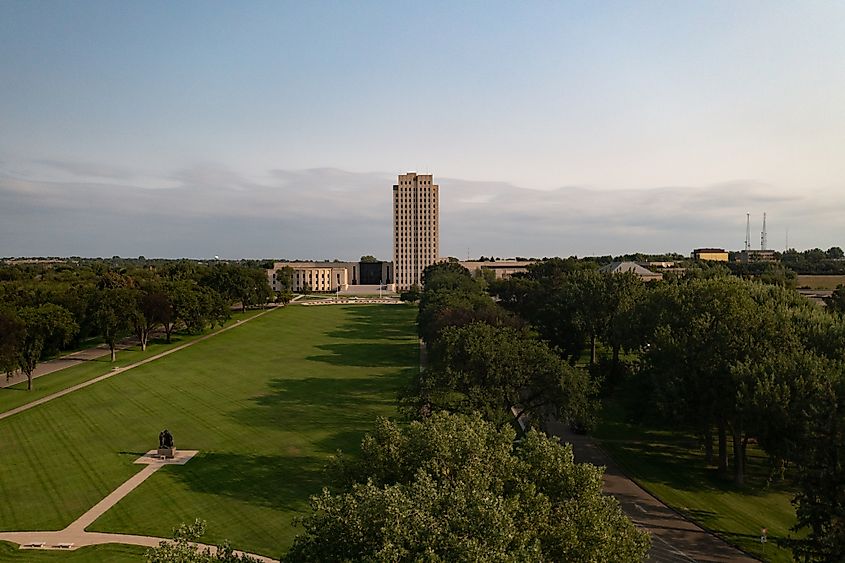
The state capital and seat of Burleigh County, Bismarck, is located along the Missouri River's eastern banks in the state's south-central portion. North Dakota’s second-most populous city, Bismarck, has many reputed higher learning institutions, such as the University of Mary, Bismarck State College, and United Tribes Technical College. Established in 1959 as Mary College, the University of Mary is Western North Dakota’s most prominent degree-granting institution. Managed by the Benedictine Sisters of Annunciation Monastery, this private university has been recognized as a “college of distinction,” offering various well-known Nursing, Business, Engineering, and Education programs.
The many parks and overlooks in the city offer its visitors magnificent views of the surrounding landscape and the Missouri River. The city’s vibrant downtown is filled with retail stores, restaurants, entertainment venues, and many notable historical attractions such as the North Dakota State Capitol, North Dakota Heritage Center & State Museum, Liberty Memorial Building, North Dakota State Library, etc.
Grand Forks
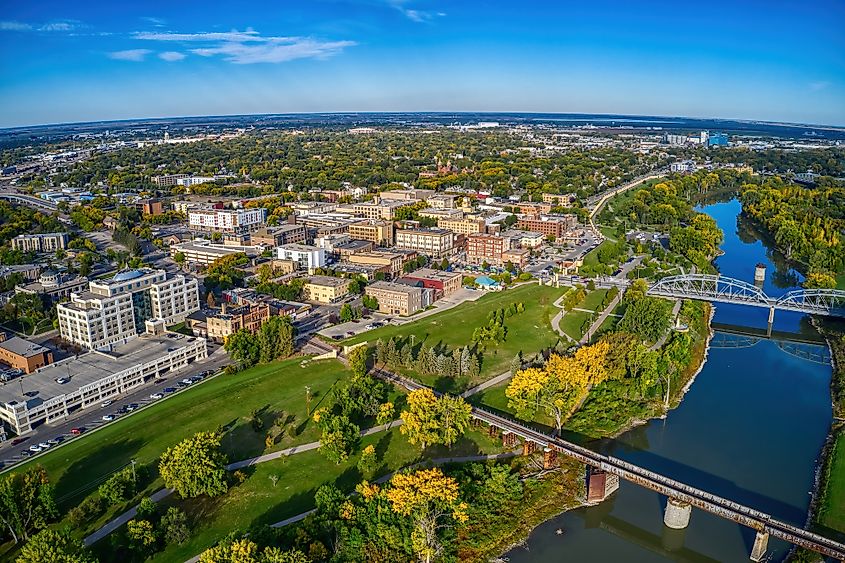
North Dakota’s third-largest city and the county seat of Grand Forks County, Grand Forks, is located in the Red River Valley on the western shores of the Red River of the North. The city is home to the University of North Dakota (UND) – the state’s oldest higher education institution and the biggest employer in the metropolitan area. Established in 1883 by the Dakota Territorial Assembly, the sprawling campus of this public research university is spread over 550 acres and comprises about 240 buildings. Many national research institutions are located on the University of North Dakota campus, including the John D. Odegard School of Aerospace Sciences, the School of Medicine and Health Sciences, the Energy and Environmental Research Center, and the USDA Human Nutrition Research Center. The university campus also houses the Chester Fritz Library – the state’s most extensive library, the North Dakota Museum of Art, Chester Fritz Auditorium, Ralph Engelstad Arena, Frederick “Fritz” D. Pollard Jr. Athletic Center, Betty Engelstad Sioux Center, etc. Located immediately southwest of the UND campus, the Alerus Center, with a seating capacity of over 20,000, hosts many concerts, conventions, and sporting events.
The Grand Forks Park District manages the city’s fourteen neighborhood parks, three splash parks, two swimming pools, twenty-eight tennis courts, eleven outdoor skating rinks, and indoor ice arenas. Outdoor enthusiasts can enjoy various activities like boating, hiking, fishing, and biking along the adjacent Red River. In addition to several bars, restaurants, and small shops, the downtown is home to the Empire Arts Center and the Fire Hall Theatre.
Fargo

The county seat of Cass County, Fargo, is placed in the Red River Valley on the western shores of the Red River of the North. As the state’s most populous city, Fargo serves as a cultural, healthcare, industrial, educational, and retail center for North Dakota’s southeastern and Minnesota’s northwestern portions. Fargo is home to the main campus of North Dakota State University, as well as many private collegiate institutions such as Rasmussen College, Master’s Baptist College, and a branch location of the University of Mary. Established as North Dakota Agricultural College in 1890, the North Dakota State University offers 94 undergraduate majors, 5 undergraduate certificate programs, 87 master’s degree programs, 51 doctoral degree programs, 146 undergraduate degree programs, and 210 graduate certificate programs. As per the Comprehensive Annual Financial Report 2021, North Dakota State University is one of the city’s biggest employers.
Fargo houses an array of tourist attractions, including the Fargo Theatre, Fargo-Moorhead Symphony Orchestra, Rourke Art Museum, Fargo-Moorhead Civic Opera, John E. Carlson Coliseum, Plains Art Museum, West Acres Shopping Center, Fargo Air Museum, Fargo Public Library, etc. In addition, the city is also home to many neighborhood parks and the 33-acre Red River Zoo, which breeds and exhibits some of the rarest cold climate species in the world.
Jamestown

North Dakota’s ninth-largest city and the county seat of Stutsman County, Jamestown, is located at the meeting point of Pipestem Creek and James River, approximately midway between Fargo and Bismarck. The city is home to a private Christian university named the University of Jamestown, which was established as Jamestown College by the Presbyterian Church in 1883. Located in the northern part of the city, the University of Jamestown is one of the top regional undergraduate institutions and one of the well-known religious colleges, which has been a co-educational institution right from its establishment.
Frontier Village, located at the southeastern edge of the city, houses several reconstructed pioneer buildings, a museum with local history exhibits, and a colossal concrete statue of an American bison, which is the largest buffalo monument in the world. The Jamestown Reservoir in the city’s northern end is ideal for many water-based recreational activities like fishing, boating, and swimming. Jamestown is also home to the North Dakota Sports Hall of Fame, the National Buffalo Museum, Jamestown Civic Center, Jamestown Country Club, and several golf courses.
Valley City
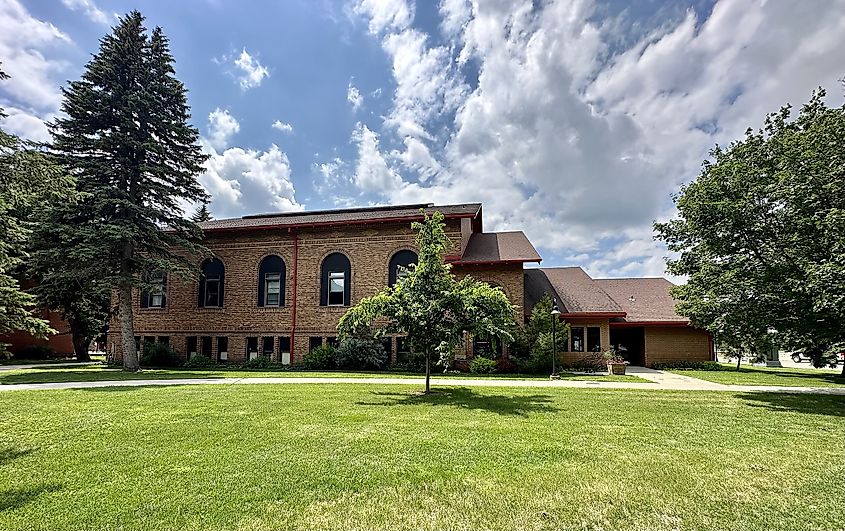
North Dakota’s 12th largest city and the county seat of Barnes City, Valley City, is located in the Sheyenne River valley in the state’s southeastern portion. The city is home to Valley City State University – a public university that is a part of the North Dakota University System. Established as Valley City State Normal School in 1890, this “academically-driven, student-centered university” received its current name in 1987. The University offers more than 65 undergraduate programs, a Master of Science in Business Information Systems, and online Master of Education and Master of Arts in Teaching degree programs. Valley City State University is committed to providing all students with accessible, technology-driven educational opportunities. Therefore, to fulfill its commitment, the university provides its full-time students with laptops. Being one of the biggest employers in the region, Valley City State University has a significant economic impact on the entire community.
Locals often call Valley City the “City of Bridges” due to the many picturesque bridges constructed over the Sheyenne River. The 3,860 ft long and 162 ft high Hi-Line Bridge is, at present, one of the nation’s longest and highest single-track railroad bridges. The city is also well-known for its other attractions, including the Valley City State University Planetarium, Bjornson Park Public Golf Course, the Rosebud Visitor Center, and the Vault – a self-served coffee shop. Valley City serves as a venue for an agricultural and livestock show named the North Dakota Winter Show, held annually in the first week of March, attracting over 30,000 tourists.
The above-mentioned college towns in North Dakota offer an array of unique experiences that cater to students, tourists, and residents alike. These vibrant locales provide a perfect mixture of academic, cultural, and entertainment activities. So, whether you are a student, a tourist, or someone searching for a place to settle, something exciting awaits each of you in the Peace Garden State’s endearing college towns.
